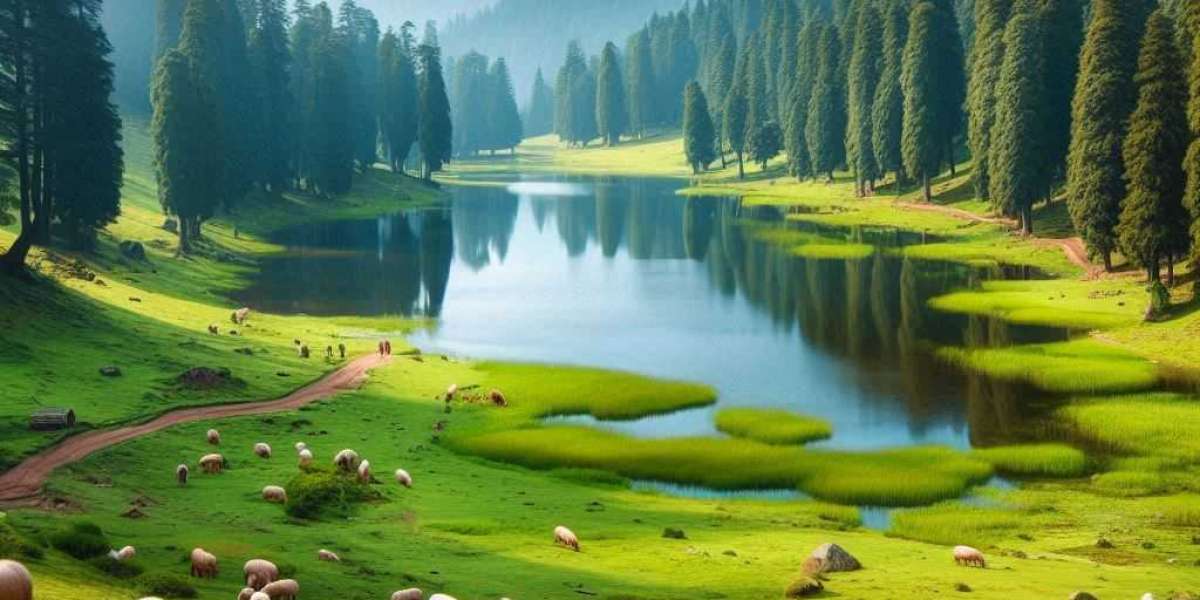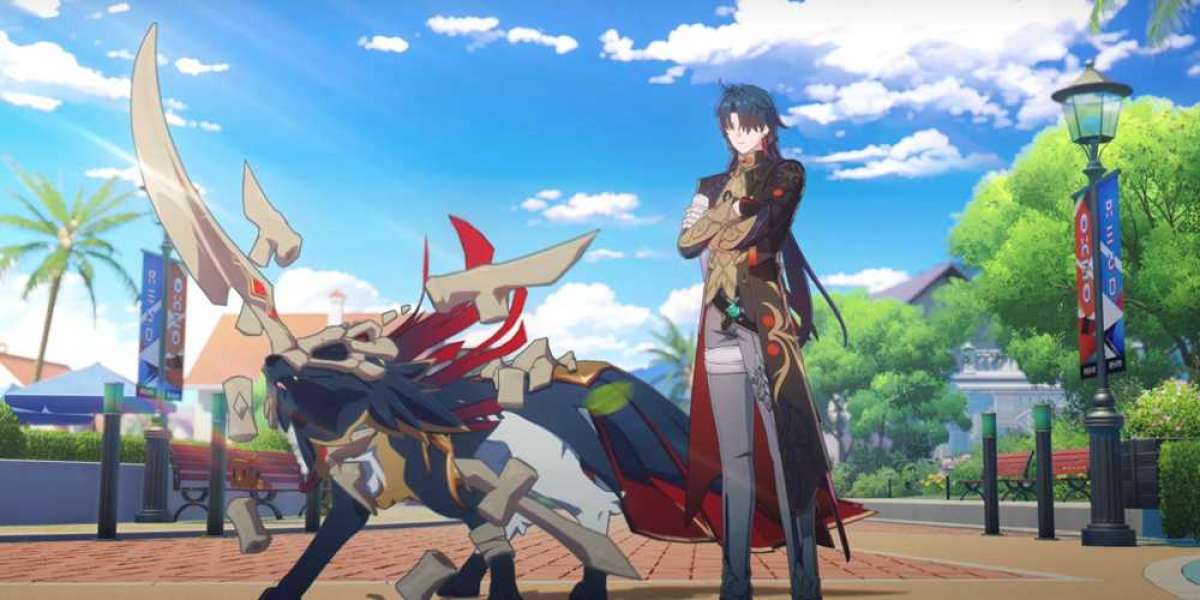As the winter chill starts to fade and the first hints of spring make their appearance, North India bursts into a riot of colors, music, and joy during the festival of Basant Panchami. Celebrated on the fifth day of the Hindu month of Magha, Basant Panchami is a vibrant and significant occasion that marks the arrival of spring. This festival, known for its bright hues of yellow, signifies the blooming of mustard fields and is deeply intertwined with spirituality, art, and learning. It’s an experience as enchanting as visiting the "Mini-Switzerland in India," Khajjiar, with its lush landscapes and serene atmosphere.
The Significance of Basant Panchami
Basant Panchami holds a special place in the hearts of people in North India. It is a day dedicated to Saraswati, the goddess of knowledge, music, and art. Schools and colleges hold special ceremonies, and students place their books at the goddess’s feet to seek her blessings for wisdom and success. The festival is also a celebration of the harvest, with mustard fields blooming in shades of gold, reflecting the spirit of prosperity and abundance.
Vibrant Celebrations
In cities and villages alike, Basant Panchami is celebrated with great enthusiasm. People dress in yellow, a color that symbolizes energy, light, and life. Homes and public spaces are adorned with marigold flowers, and traditional sweets like "kesari halwa" and "sweet saffron rice" are prepared to mark the occasion. Kites of all colors fill the sky, as kite-flying competitions become a favorite pastime, bringing communities together in friendly rivalry.
The Artistic Touch
Basant Panchami is not just about religious rituals; it is a festival that celebrates creativity and the arts. In many regions, the festival is marked by cultural programs that include classical music, dance performances, and poetry recitals. Artists and musicians often pay homage to Saraswati, seeking her blessings to enhance their skills and talent. This fusion of art and spirituality creates a unique atmosphere where creativity flows freely, and traditions are cherished.
A Journey to Khajjiar and Dharamshala
While the colors of Basant Panchami adorn the plains, the hills of North India offer their own magic during this time. A visit to Khajjiar, often called the "Mini-Switzerland of India," provides a tranquil escape. The rolling meadows, dense forests, and panoramic views of the Himalayas create a picturesque setting that complements the festive spirit. Here, one can enjoy peaceful walks, indulge in adventure sports, or simply relax in the lap of nature.
From Khajjiar, a trip to Dharamshala offers a chance to explore the cultural and spiritual richness of Himachal Pradesh. Known for its Tibetan influence and serene monasteries, Dharamshala is a place of peace and reflection. The town, nestled against the backdrop of the Dhauladhar mountains, offers stunning views and a tranquil atmosphere. Visiting Dharamshala during Basant Panchami allows travelers to experience the harmony of nature and spirituality, making it an ideal time to explore this region.
Local Experiences
Traveling during Basant Panchami provides an opportunity to engage with local communities and experience the festival from their perspective. Participating in kite-flying events, attending cultural programs, and enjoying local cuisine are wonderful ways to connect with the people and their traditions. In Khajjiar and Dharamshala, visitors can also explore local markets, visit handicraft centers, and learn about the region's rich history and culture.
The Essence of Spring
The essence of Basant Panchami lies in its celebration of life and new beginnings. The festival is a reminder of the joy and beauty that spring brings, as well as the importance of knowledge and creativity in our lives. It is a time to embrace change, renew our spirits, and look forward to the possibilities that the future holds.
Planning Your Visit
When planning a visit to North India during Basant Panchami, it is advisable to book accommodations in advance, as the festival attracts many tourists. Whether staying in charming guesthouses in Khajjiar or cozy hotels in Dharamshala, there are plenty of options to suit every preference and budget.
Traveling between Khajjiar and Dharamshala is convenient, with various transportation options available, including taxis and buses. The scenic drive between these two destinations offers breathtaking views and is an experience in itself.
Conclusion
Basant Panchami in North India is a time of vibrant celebration and deep cultural significance. It is a festival that captures the essence of spring, blending tradition with creativity and spirituality. Whether exploring the mustard fields of Punjab or the serene landscapes of Himachal Pradesh, visitors are sure to be enchanted by the colors, sounds, and warmth of this joyous occasion. Embracing the spirit of Basant Panchami provides a unique opportunity to connect with the heart and soul of North India, leaving travelers with memories of a truly magical experience.






